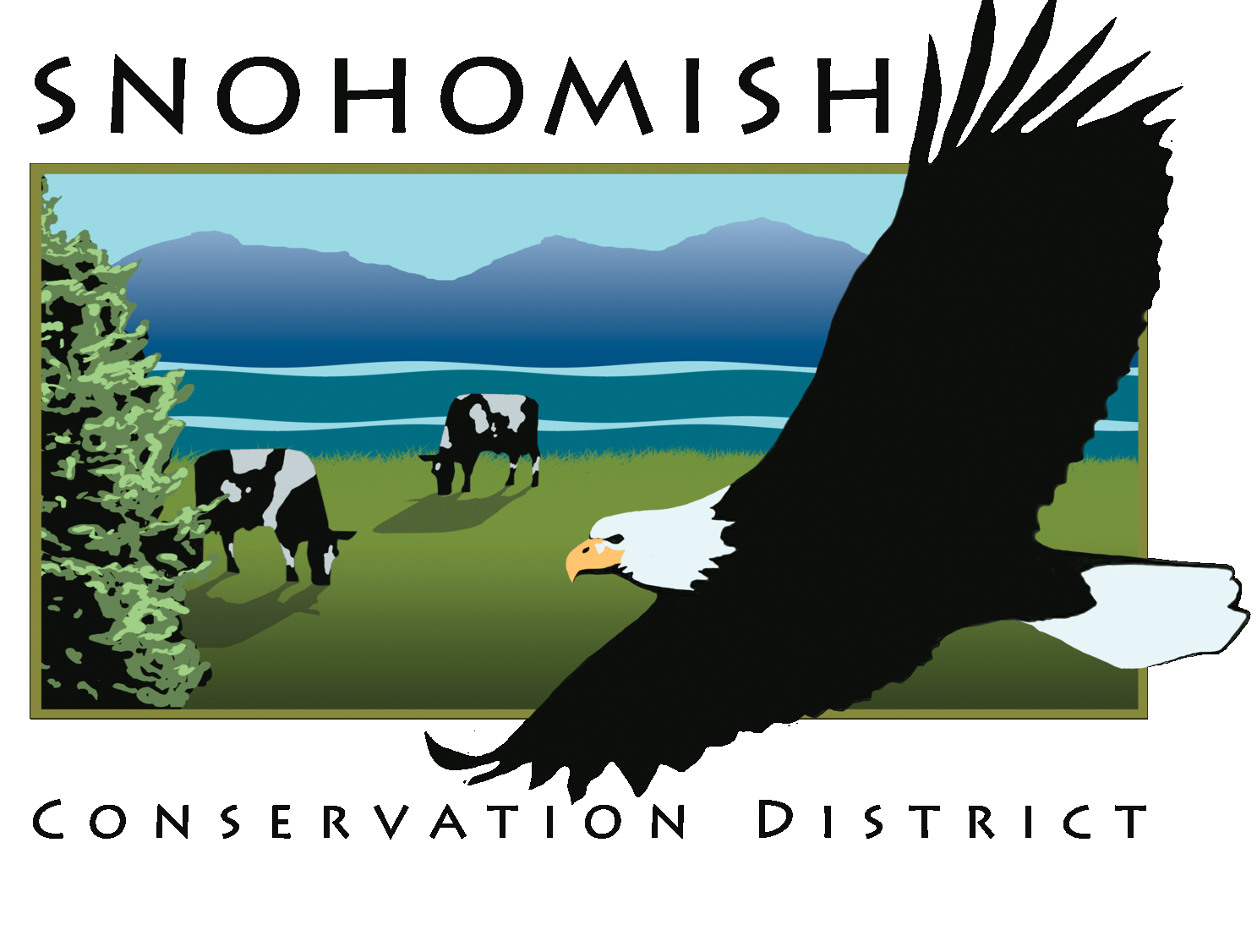Agroforestry Challenges (And 3 Reasons Why They’re Worth It)
/Agroforestry can provide major benefits for farms—it also presents unique challenges. Unlike traditional monocultures, agroforestry requires farmers to understand the needs of multiple plants and how they interact with each other. It takes planning, adaptation, and patience to create a successful system. It also isn’t static. Many agroforestry practices incorporate trees that affect shade conditions as they grow. That means crops may need to shift over the years.
So why bother with all the trouble?
#1 Less work over time.
The same interactions between plants that create a dynamic, more complicated system, also benefit production. By designing and managing for beneficial crop interactions, farmers can reduce their labor and inputs of water, fertilizer, and pesticides and improve soil health and pollination rates.
#2 Multiple streams of income.
Growing more than one crop allows farmers to diversify their income and adapt to markets and weather. If one crop fails because it’s exceptionally wet one year, water-loving crops will thrive and help replace that income. This adaptability is especially crucial as our climate continues to change. Which brings us to…
#3 The urgency of climate change.
According to climate models, we will continue to experience warmer temperatures, greater rainfall variability, and increasingly severe and frequent extreme weather events. The perennial root systems and sheltered microclimates in agroforestry systems help farmers cope with heavy rainfall and droughts by holding soil in place and retaining water. Agroforestry also improves soil health, making it more productive and resilient. But the benefits even extend beyond the farm—the trees grown in agroforestry help mitigate climate change by capturing carbon from the atmosphere and storing it.
Modern Day Explorers
Agroforestry farmers often don’t have a straightforward path. In some ways they are modern day explorers, paving the way for those who will come after. Yet, at the same time, they are reviving ancient “indigenous technology” and following in the footsteps of cultures that have farmed sustainably for thousands of years.
Farm Tour September 29!
If you’re interested in learning more about managing the challenges—and reaping the rewards—of agroforestry, please join us for a tour at Raising Cane Ranch on September 29 from 2-4 pm. You’ll hear from farm owner Nick Pate and see agroforestry in action. You’ll also meet Snohomish Conservation District Agroforester, Carrie Brausieck, and Mark Batcheler from WSU, along with other farmers and community members interested in agroforestry. Brainstorm your own ideas, ask questions, and participate in an honest conversation about agroforestry!



